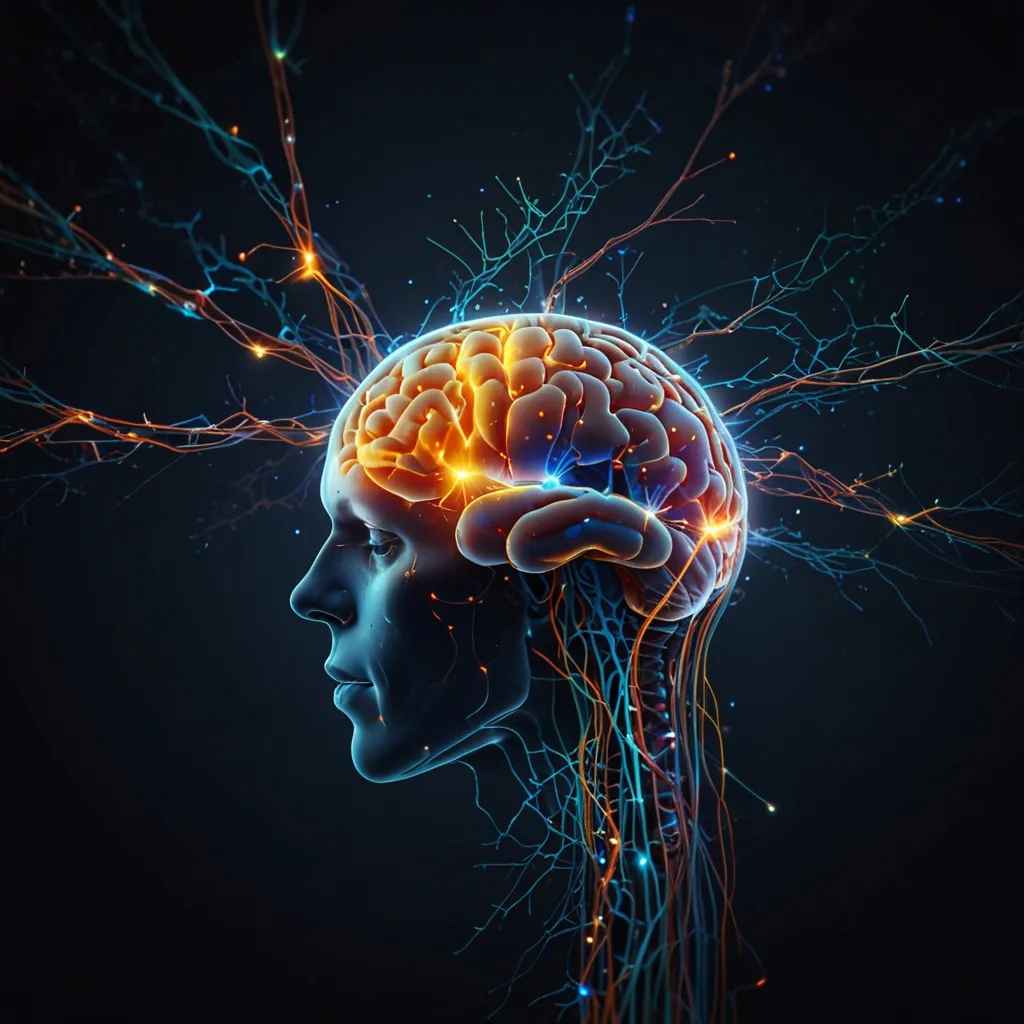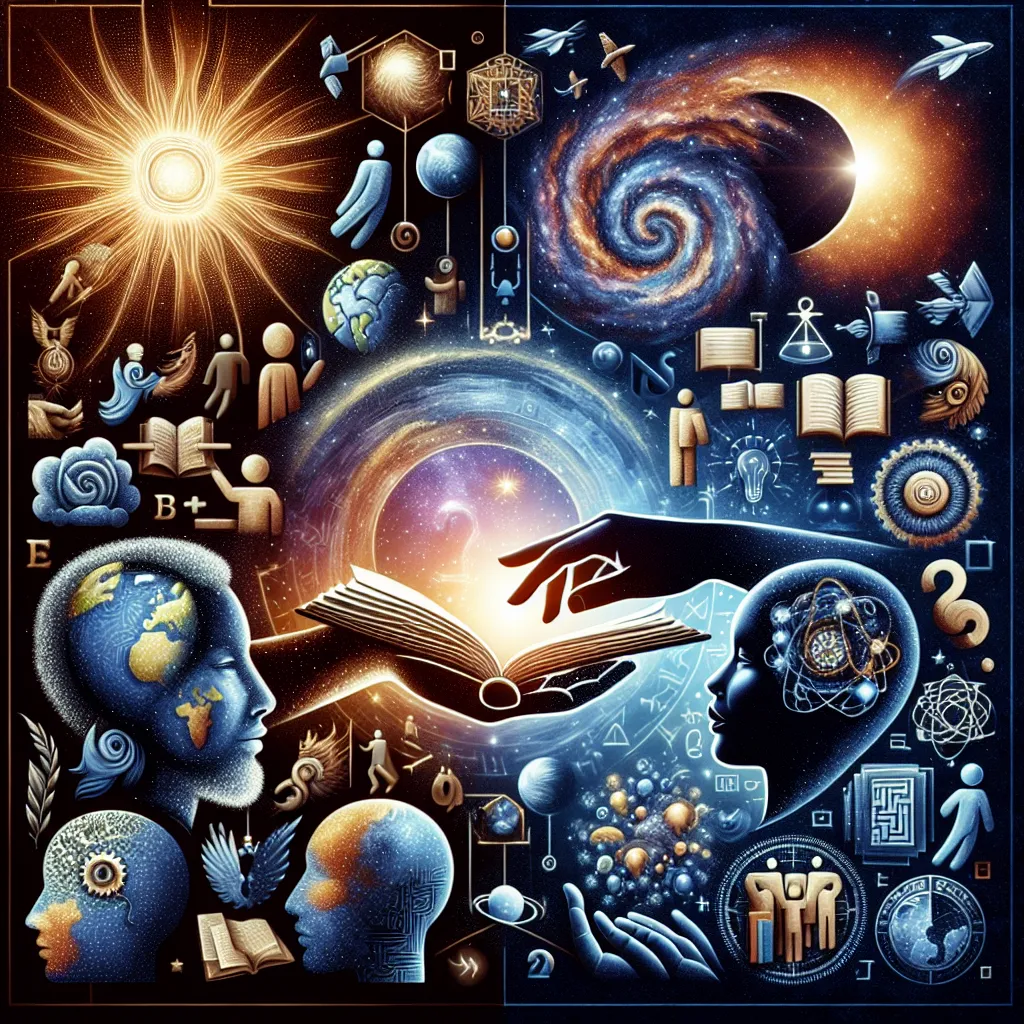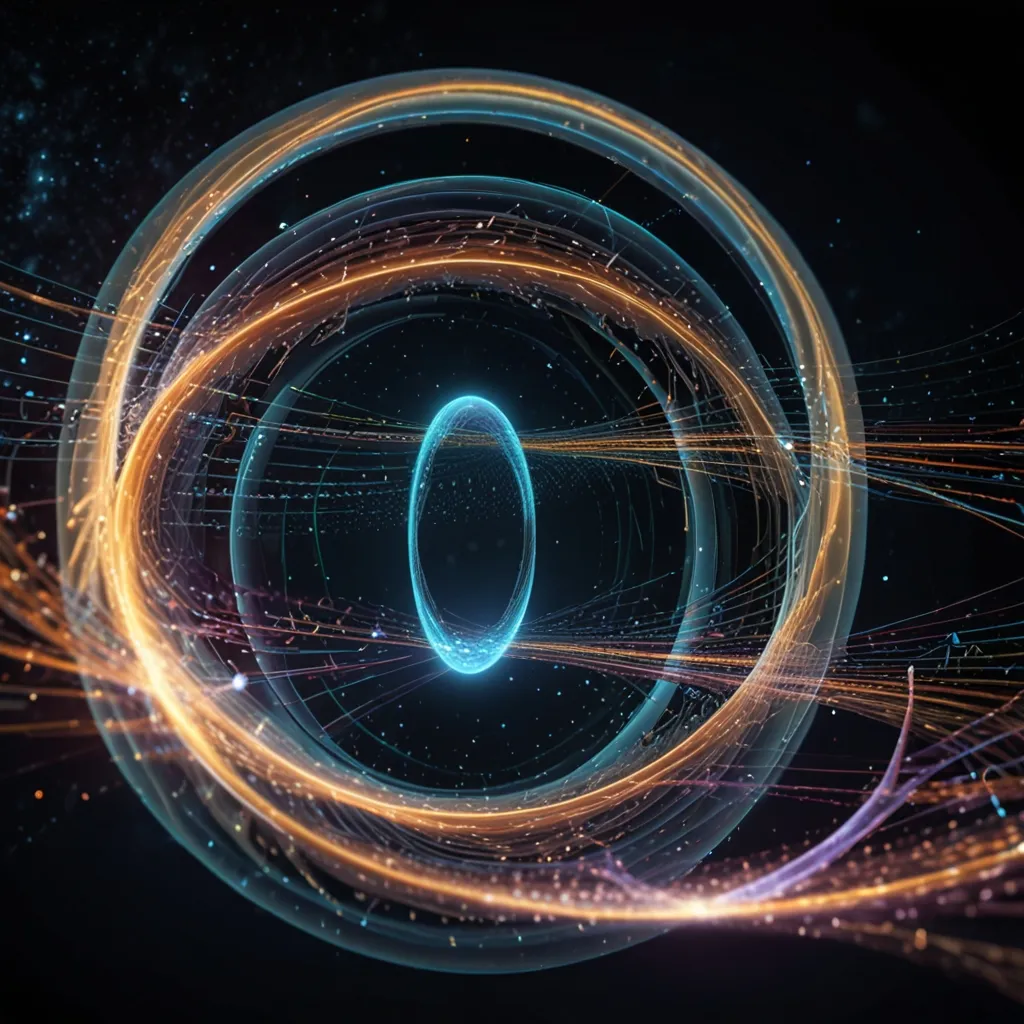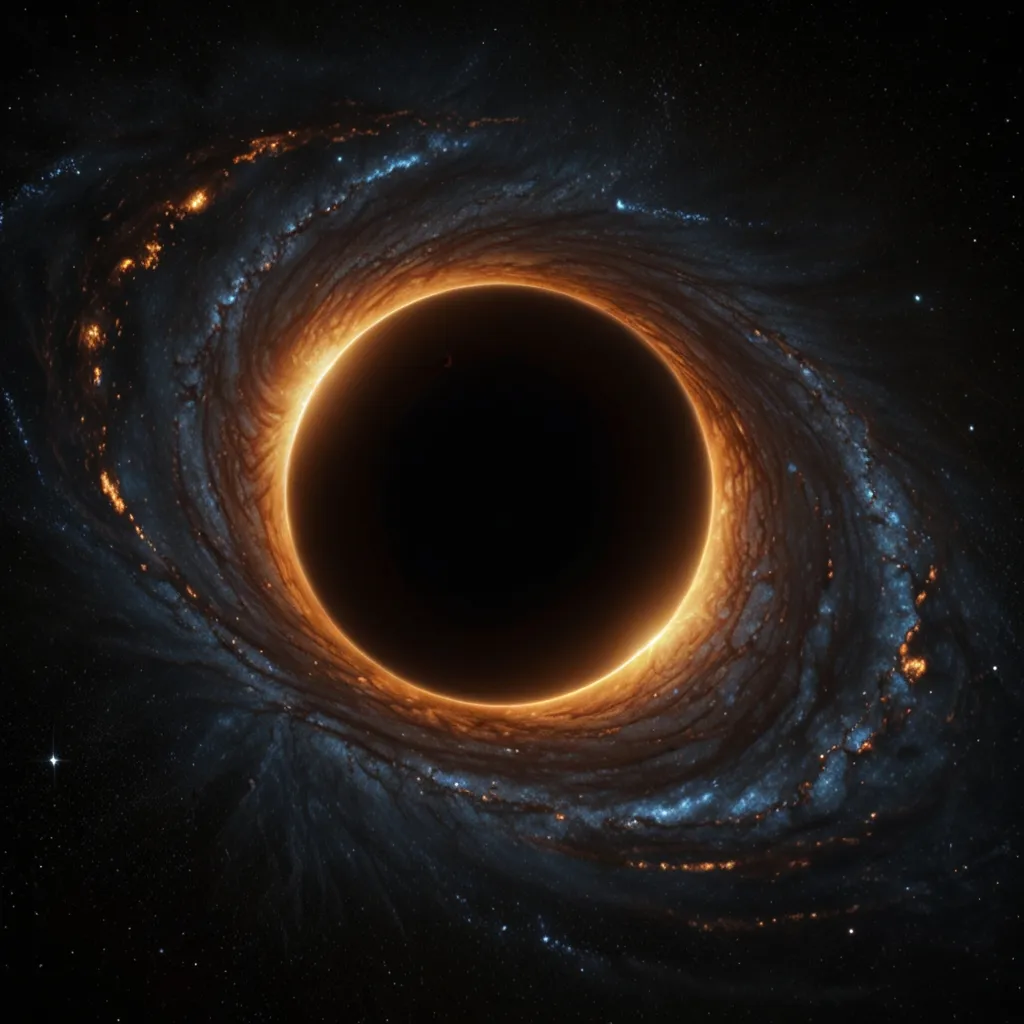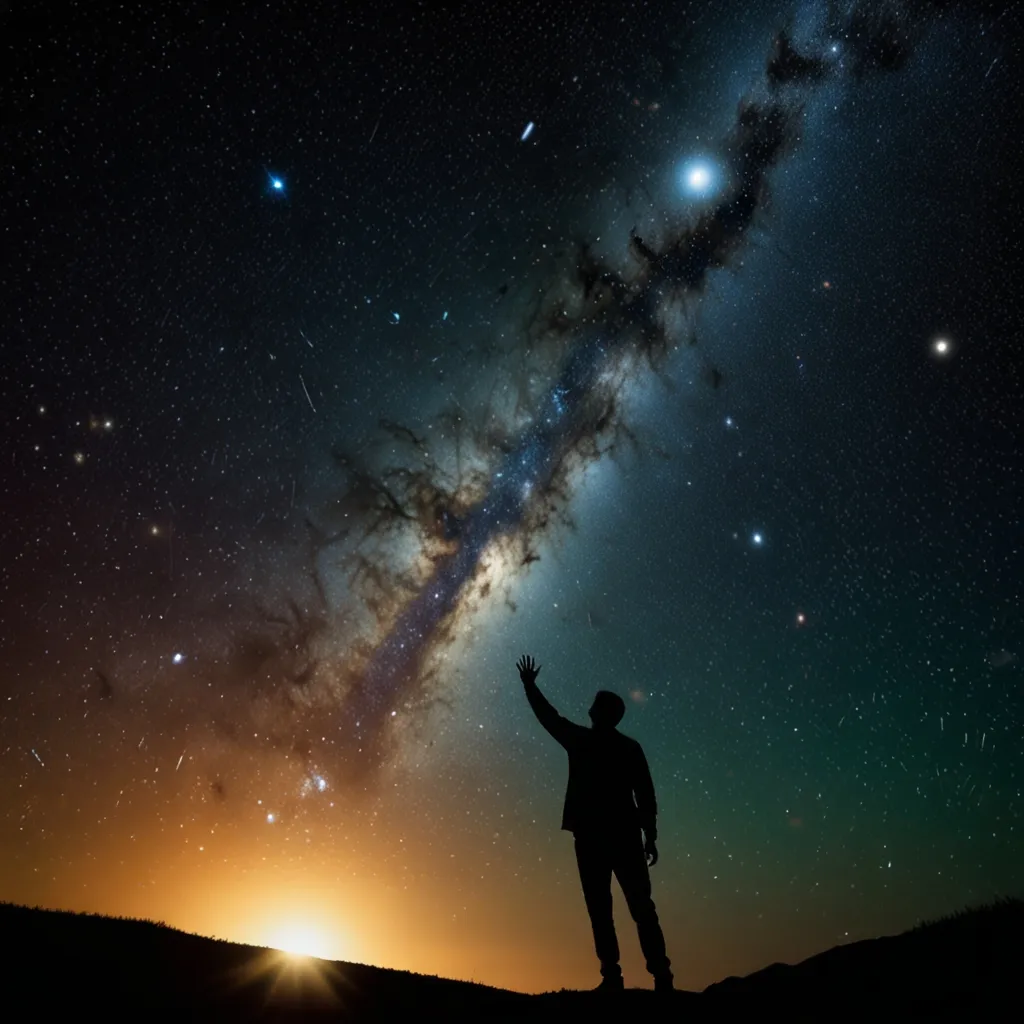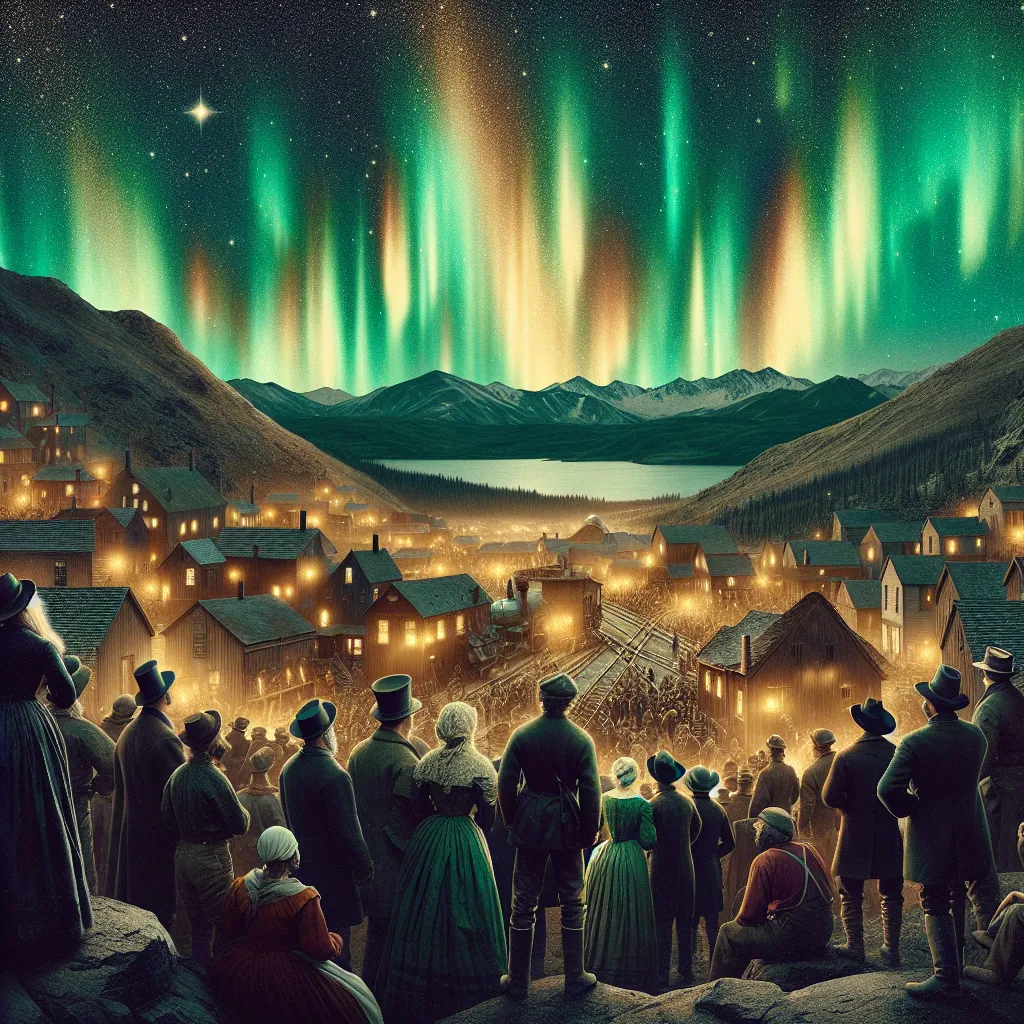We often think of our consciousness as a mysterious, perhaps even divine, quality. It’s as if it connects us to something greater, something beyond our mere existence. However, new research suggests that this enigma might be entirely contained within the neurons, synapses, and other connections in our brain.
So, what exactly is consciousness? No one knows for sure. However, scientists generally agree that it involves integrating activity from several brain networks, allowing us to perceive our surroundings. It weaves together our sensory inputs—sight, smell, touch, hearing, and taste—into a unified experience, rather than isolated sensations. This interconnected perception forms our present reality, ties in our past memories, and syncs with our emotions, shaping who we are and how we view the world.
A key question is whether we can locate where consciousness resides in the brain. Just before his death in July 2004, Francis Crick, the co-discoverer of the structure of DNA, proposed that consciousness needs a sort of conductor to organize external stimuli and internal perceptions. He posited that this might be the role of the claustrum, a thin, sheet-like structure deep inside the brain.
In 2014, scientists at George Washington University put this theory to the test while treating a patient with epilepsy. After various treatments failed, they placed a probe near her claustrum and stimulated it. Remarkably, the woman’s consciousness appeared to shut off completely. She stopped reading, stared blankly, and didn’t respond to auditory or visual stimuli. She wasn’t in a coma or asleep—she just seemed to turn off like a light switch. When the stimulation stopped, she immediately regained consciousness but had no memory of the event.
This finding implies that the claustrum might act like a switch for consciousness, suggesting that consciousness is a physical phenomenon within the brain rather than an ethereal force. If consciousness can be toggled on and off by a structure like the claustrum, it shows that our sense of being is deeply rooted in the brain’s anatomy.
While this concept suggests that consciousness could be understood scientifically, making it less mystical theoretically, it doesn’t diminish its wonder. That we can perceive and engage with the universe remains extraordinary. It just means our consciousness is probably a worldly phenomenon, deeply embedded within the intricate machinery of our brain.
